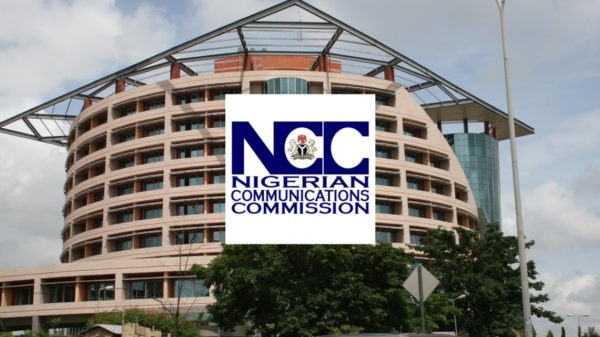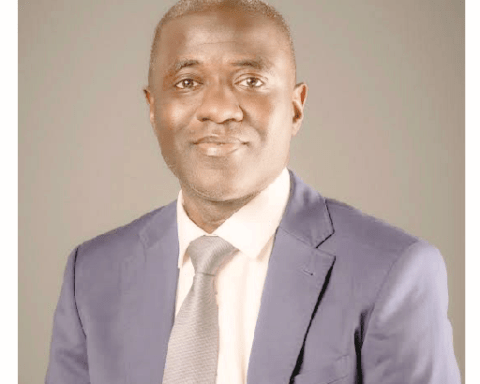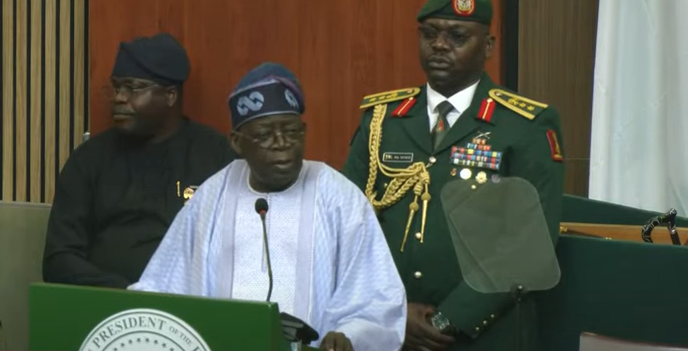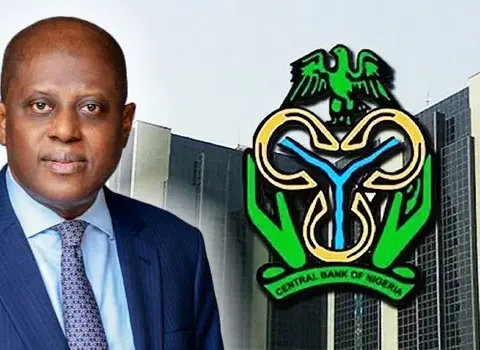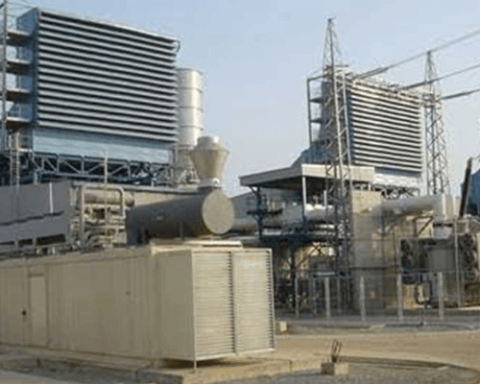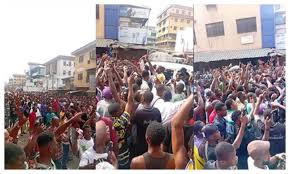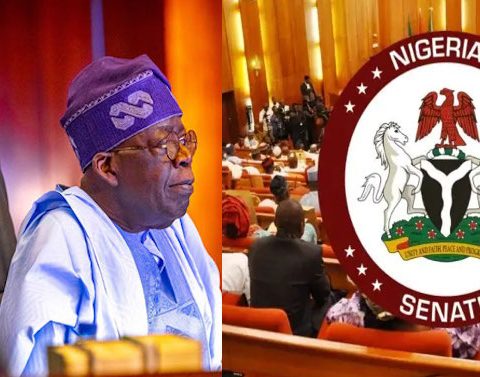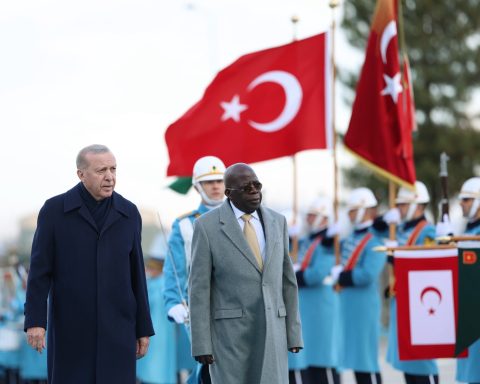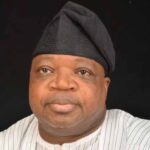The Nigerian Communications Commission (NCC) has partnered with the Association for Progressive Communications and other stakeholders to address the challenges of rural network connectivity in Nigeria.
The collaboration led to a two-day workshop in Abuja on June 3-4, 2025, aimed at exploring a policy framework to enable community networks that bridge the digital divide and promote socio-economic development in Nigeria’s underserved and unserved communities.
Join our WhatsApp ChannelThe forum brought together regulators, community leaders, technical experts and potential foreign investors, among others, to examine policy and regulatory barriers, explore innovative funding mechanisms, ensure sustainable renewable solutions and strengthen collaboration with stakeholders.
Addressing participants at the workshop, the Executive Vice Chairman of NCC, Dr. Aminu Maida, said the workshop is important to bridging the digital divide in Nigeria and fostering inclusive social economic development.
“This workshop is an opportunity for all of us to harness the expertise, insights, and experiences of diverse stakeholders present here which includes the regulators, community leaders, technical experts and potential foreign providers to address the critical challenges such as affordable devices, access, licensing, spectrum allocation, infrastructure development, sustainability and institutional monitoring,” said Maida, who was represented by the Executive Commissioner, Technical Services, NCC at the event, Abraham Oshadami.
Maida said the workshop demonstrates the Commission’s commitment to advancing digital inclusion, particularly in underserved and unserved areas.
“At NCC, we recognise the transformative potential of community center networks in achieving this important goal,” he said.
The NCC boss said the Commission was committed to “this journey and views this workshop as a catalyst for meaningful change,” stating that the expertise, perspectives and commitments will shape the future where every Nigerian, regardless of his or her status, will have meaningful access to opportunities from digital connectivity.
In her remarks, Co-manager of the Association for Progressive Communications’ Local Network (LocNet) initiative, Kathleen Diga, noted that the collaboration was to tackle identified hindrances to digital inclusion. “This is a space where we can be open and exchange ideas of possibilities, opportunities that will remain in realising the values of a diversified ecosystem.”
Diga said, “I believe this workshop presents a moment in time that we can explore the bottom-up approach in local communities, small social enterprises, cooperative among others, which have the ability to fill some of the digital gaps that remain unfilled,” she said.
READ ALSO: NCC Suspends Licensing Of Mobile Virtual Network Operator, 2 Others
She emphasised the need to recognise that community centre connectivity exists and grow throughout the global south, which, she said, are a “strategic response to digital exclusion.”
The workshop featured presentations from the NCC, the Association for Progressive Communications and other institutional stakeholders such as the Rural Electrification Agency (REA) and the Central Bank of Nigeria (CBN) all geared towards exploring a joint policy framework to address the rural digital divide.
The Association for Progressive Communications is a 35-year-old international network member-based organisation encouraging digital inclusion in the unserved communities, particularly with communities in the global south and the workshop, through its LocNet initiative aimed at crafting an enabling inclusive regulatory framework for community networks in Nigeria.


